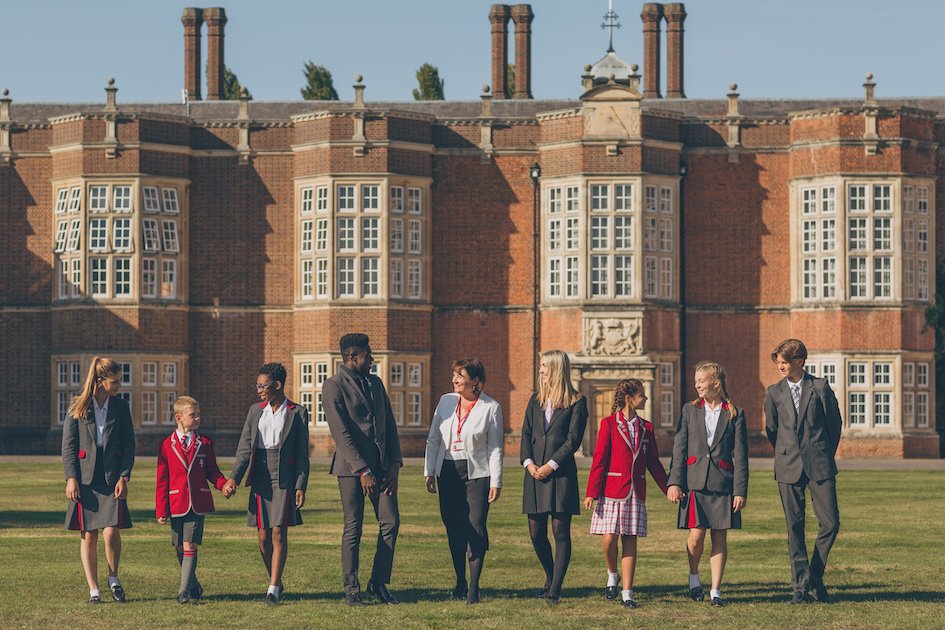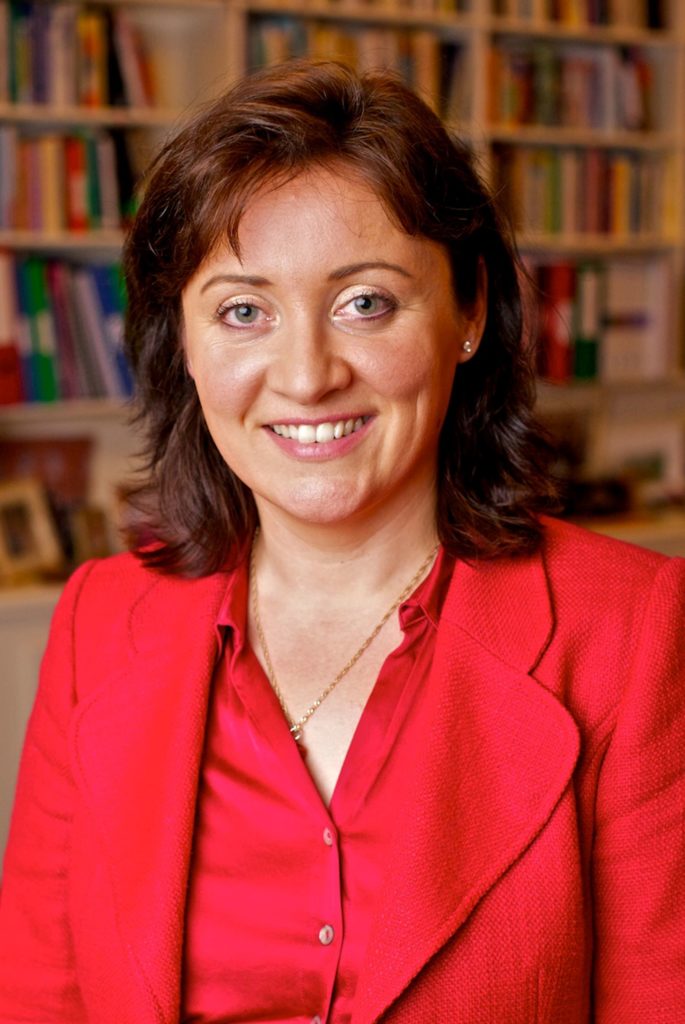Women’s History Month: A Reflection on Gendered Education
By
4 years ago


by Katherine Jeffrey, Principal at New Hall School
“Well now that we’ve decided to take senior boys, we’ll have to have a male Head. No parent will send a son to a school with a female Head. I’ve got three boys and I know that I wouldn’t.” Or so the School Bursar told me following our decision to make New Hall co-educational back in 2005.
His attitude does, perhaps, exemplify why so many parents still favour single-sex education for their daughters: too often lurking in the darker corners of co-education is the unnerving idea that boys are the real deal, and that girls are merely a side. Even at a school like New Hall, that has held the education of girls as its founding mission for almost four centuries, there was the misplaced feeling that co-education would mean the abandonment of this legacy. The same standard is certainly not applied to the boys’ schools that decide to take girls.
Loren Bridge, chief executive of the Alliance of Girls Schools in Australia, told The Guardian in 2019 that the co-ed movement is primarily about boys’ schools choosing to take girls: “There aren’t girls’ schools that go co-ed. It’s basically a boys’ school with girls in it. And the girls are there to help socialize the boys.”
You might wonder why a school like New Hall would choose to take boys if it means shunting their girls to one side, but of course going co-educational does not have to mean this. The Bursar did not get his wish of replacing me with a man, and in fact this reversal of the norm – in other words, a girls’ school with a female Head choosing to welcome boys, rather than the standard story Bridge alludes to – has been the perfect recipe for creating an atmosphere of true gender equality. Women’s History Month is the perfect time to reflect on how best to achieve that balance.
Modernising a school means leaving old stereotypes behind. Whilst that might involve avoiding the arrival of any “toxic masculinization”, it also means refusing to see boys and men as the enemy. Why should a school choose who it educates on the basis of gender alone, and why should a school which directs itself according to a Catholic ethos choose to exclude brothers and divide families?
At New Hall, we rejected the idea of full co-education fairly early on, wanting to retain the pastoral and academic advantages that can and do come with gendered education. Education for girls is no more important than education for boys, of course, but to abandon this legacy would have been to abandon something vital to the School’s foundations.

Instead, we opted for a Diamond Model system which would keep girls and boys in separate classes on the same site between Years 7 and 11, uniting them again in the Sixth Form. It is lack of imagination more than anything that has prevented more than a dozen or so schools across the UK from doing the same.
What the Diamond Model demands from the schools running it is equal emphasis. A school aiming to have a smattering of girls amongst crowds of boys, for example, could not function under this system – nor could a school aiming to have a smattering of boys amongst crowds of girls. Following equal emphasis comes the necessity of equal provision. When I interviewed the first boys that came to New Hall, an astonishing number of them declared Design Technology a favourite subject. We had had little demand for a DT centre before, and so I went straight to the governors to tell them that I would not be opening a boys’ division without one.
There are of course constant exceptions, but there can also be marked differences in what most boys and girls want out of school and I do find myself wondering whether schools like Winchester that decide to take just a few girls and no more can adequately provide for all genders, when the difference in numbers is so vast.
Meanwhile, keeping boys and girls partly separate allows for some necessary positive discrimination. We run an annual STEM careers evening for girls, in which every speaker is a female role model – research scientists, doctors, engineers. All of the girls are invited and must attend, to think about whether they might want a career in an area that is not typically dominated by women. Every year a few boys ask to attend and, rather than rejecting them, we choose to reward their confidence. They will be one of a handful of boys in a room full of women, which is in itself a rare and educational experience. They might even ask themselves why we feel the need to run an all-female STEM evening and grow up into men who understand the importance of equal opportunity.
At a Boarding Schools’ Association Conference, I was struck by the number of HMC schools that had been co-educational for years without ever having reached equal numbers. “But we found it so easy!” I said, naively, before someone took me to one side and explained that some of these schools were not trying to reach equal numbers – they actually wanted to remain a school for boys more than a school for girls, driven by an emphasis on boys’ sport that required a large cohort.
Having overseen a Diamond Model school for so long, I would not return to single-sex teaching. The world is not a single-sex place and boys and girls must learn to live with one another, and to see each other as people rather than concepts. Even so, one of my favourite things about the British education system is its variety. There is no ‘one size fits all’ method and there will always be some girls who flourish in a single-sex or predominantly male environment, but I do wonder about the values of a school that chooses to prioritise the education of one gender over another.
Although I genuinely believe that diversity of schools is as important as diversity within schools, there are important principles based on equality and fairness that ought to be followed at all times. This should start in leadership. I don’t know the answer, but I would be surprised if the decision-making bodies of boys’ schools that choose to take “a few” girls and no more were 50/50 men and women. One reason things move so slowly is that power at the most senior levels is not in the hands of the women. I am proud of the equality we have achieved at New Hall, but am under no illusions that gender equality has reached its global endpoint. Change needs to start in education, and Women’s History Month should help remind us of the importance of that fact.
For more information visit https://www.newhallschool.co.uk/



